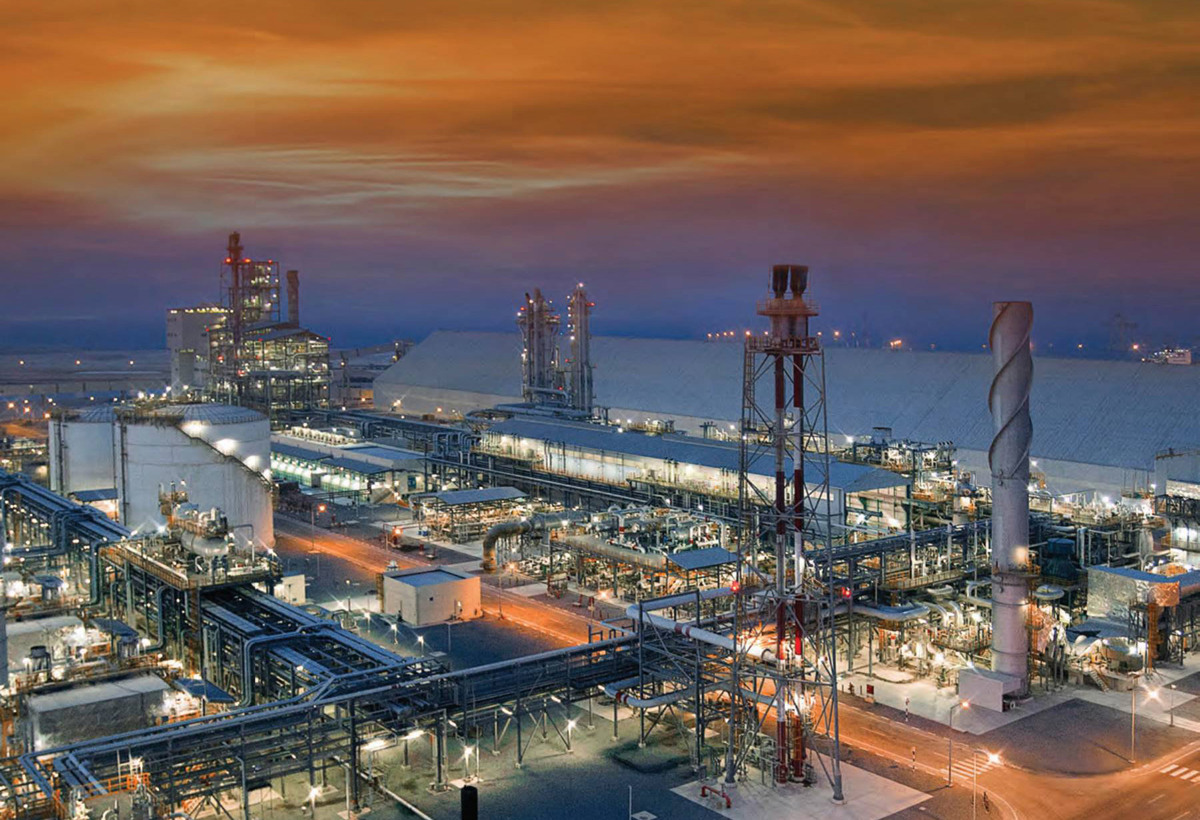Blue fuels crucial for shipping’s green transition – ABS chief
Blue fuels produced through carbon capture are "critical" in shipping's decarbonisation, Christopher J. Wiernicki, chief executive of the classification society American Bureau of Shipping (ABS) said.
 PHOTO: Aerial view of Ruwais Industrial Complex in Abu Dhabi, where Abu Dhabi National Oil Company (ADNOC) plans to build a blue ammonia production facility. ADNOC
PHOTO: Aerial view of Ruwais Industrial Complex in Abu Dhabi, where Abu Dhabi National Oil Company (ADNOC) plans to build a blue ammonia production facility. ADNOC
“We need to recognize that there is an intermediate step in the energy transition,” Wiernicki said in a conference.
“Last year the conversations were focused on going from oil to a green fuel economy. Today, we are seeing the emergence of the blue economy that addresses carbon management, carbon capture, carbon pricing and carbon credits and offsets, as an essential stepping-stone,” Wiernicki said.
Blue fuels, such as blue hydrogen or hydrogen derivatives, are derived from natural gas, but they are produced by combining carbon capture and storage (CCS) technology during the production process to minimise carbon emissions.
Since natural gas is the primary feedstock for these fuels, there is a potential for upstream emissions, including fugitive methane emissions during natural gas production. However, combustion of these fuels produces significantly lesser CO2 emissions when compared to fossil-based fuels, according to Mærsk Mc-Kinney Møller Center for Zero Carbon Shipping.
It is estimated that blue methanol can reduce well-to-wake emissions by 27% and blue ammonia can reduce well-to-wake emissions by 57% when compared with VLSFO, ABS said earlier in a research paper.
The potential role that blue fuel can play in shipping's decarbonisation may influence the IMO to levy a universal carbon tax, Wiernicki added.
Maritime and energy experts including DNV, Lloyd’s Register, Mærsk Mc-Kinney Møller Center for Zero Carbon Shipping and the International Energy Agency (IEA) have indicated that blue ammonia could eventually emerge as the lead candidate to support the shipping sector's net zero ambitions.
DNV has explained that this is because CCS technology is relatively cheap and simple compared to producing green ammonia from renewable energy.
By Konica Bhatt
Please get in touch with comments or additional info to news@engine.online






